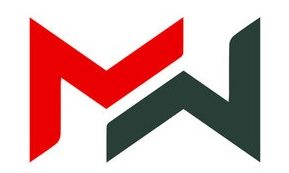Zinc is a highly versatile metal which is used widely in a variety of industrial applications. Here we look at the characteristics of zinc as well as some of its most common uses commercially.
What Are the Characteristics of Zinc?
Zinc is a transition metal that sits in group 12 of the periodic table. While it’s not the strongest metal, it offers excellent durability and is arguably most known for its anti-corrosion properties.
When zinc is exposed to environmental factors such as moisture and oxygen, it forms a highly protective layer of oxides, which then protects against further damage. It is this characteristic that makes zinc particularly useful in the galvanising process and makes it one of the most versatile metals.
What Is Zinc Nickel Plating?
An environmentally safer alternative to cadmium, the zinc nickel process is used in a variety of commercial industries to protect copper, brass and steel alloys. This ensures that metals have a longer lifespan.
What Are the Applications of Zinc Nickel Plating?
Specialist websites such as www.swmf.co.uk/surface-coatings/zinc-nickel-alloy-plating/ explore some of the specific users of the zinc nickel process, which include the aerospace and automotive industries.
Is Zinc Sustainable?
When galvanised metals and alloys are scrapped, they can be reprocessed to create new zinc. As zinc can be recycled, some of the pressure on mining is alleviated, which ultimately helps to regulate the overall global supply. However, zinc is available in a variety of different forms and levels of purity, all of which impact the overall price and reliability of supply.

Comments are closed, but trackbacks and pingbacks are open.